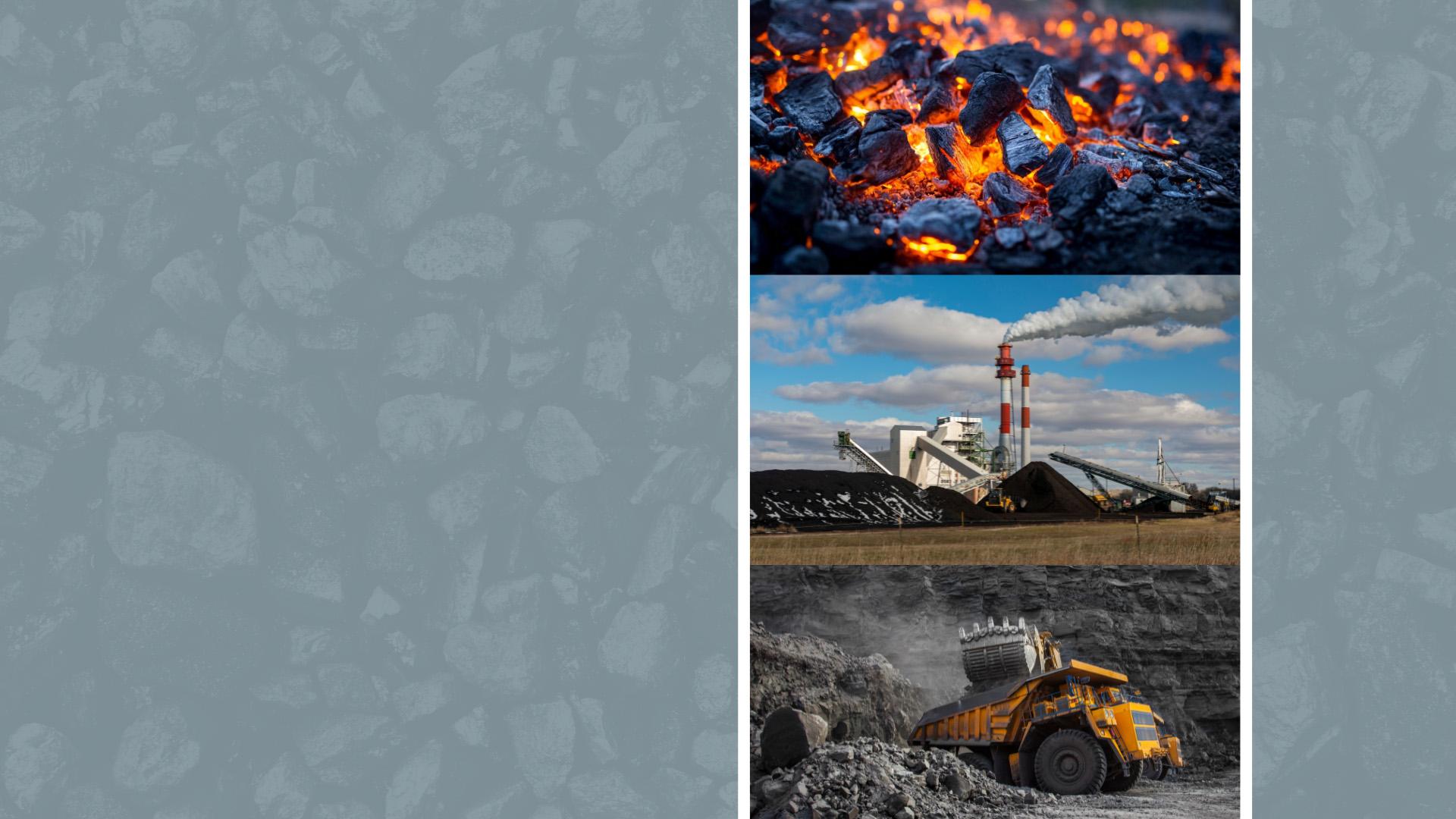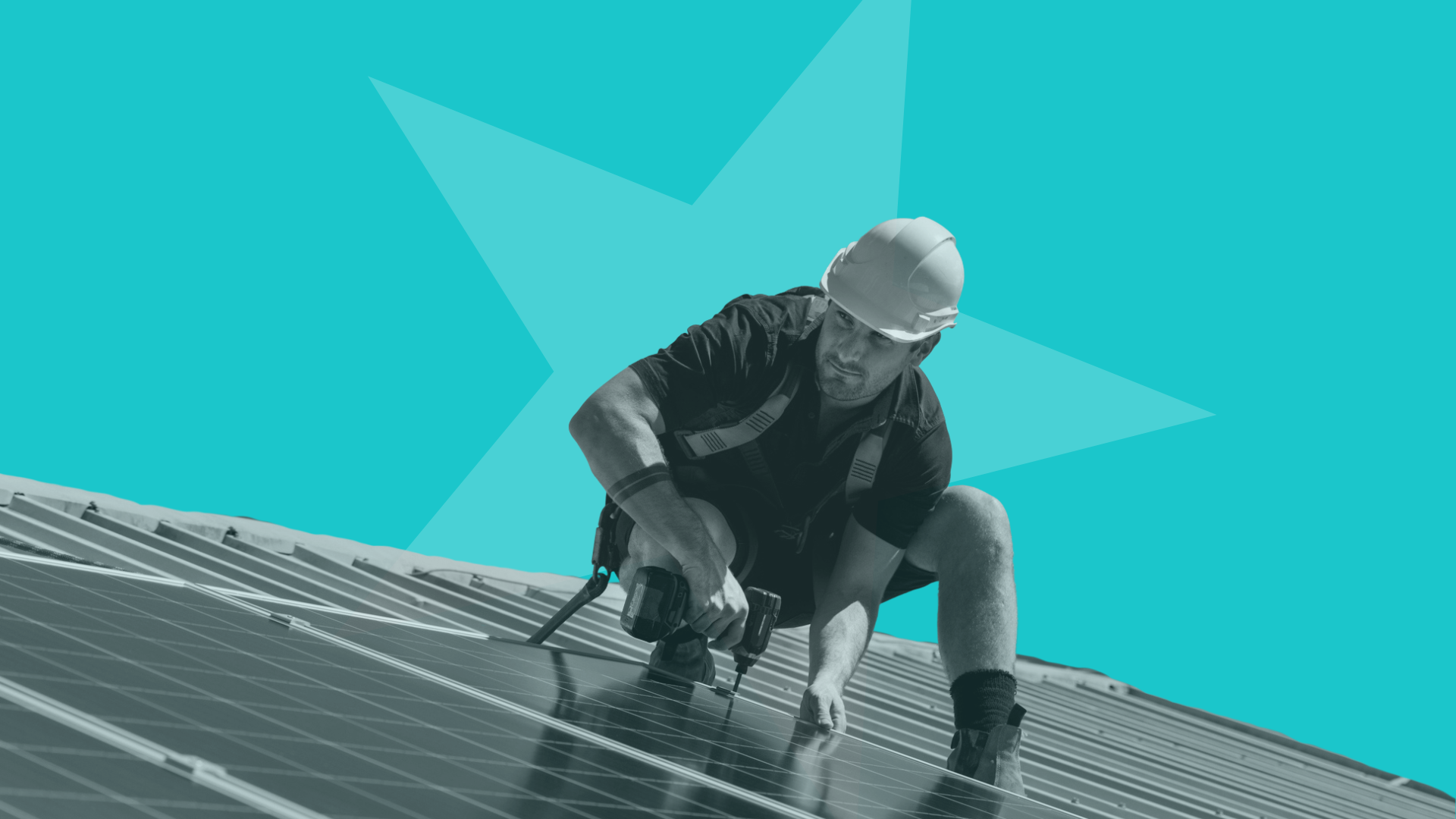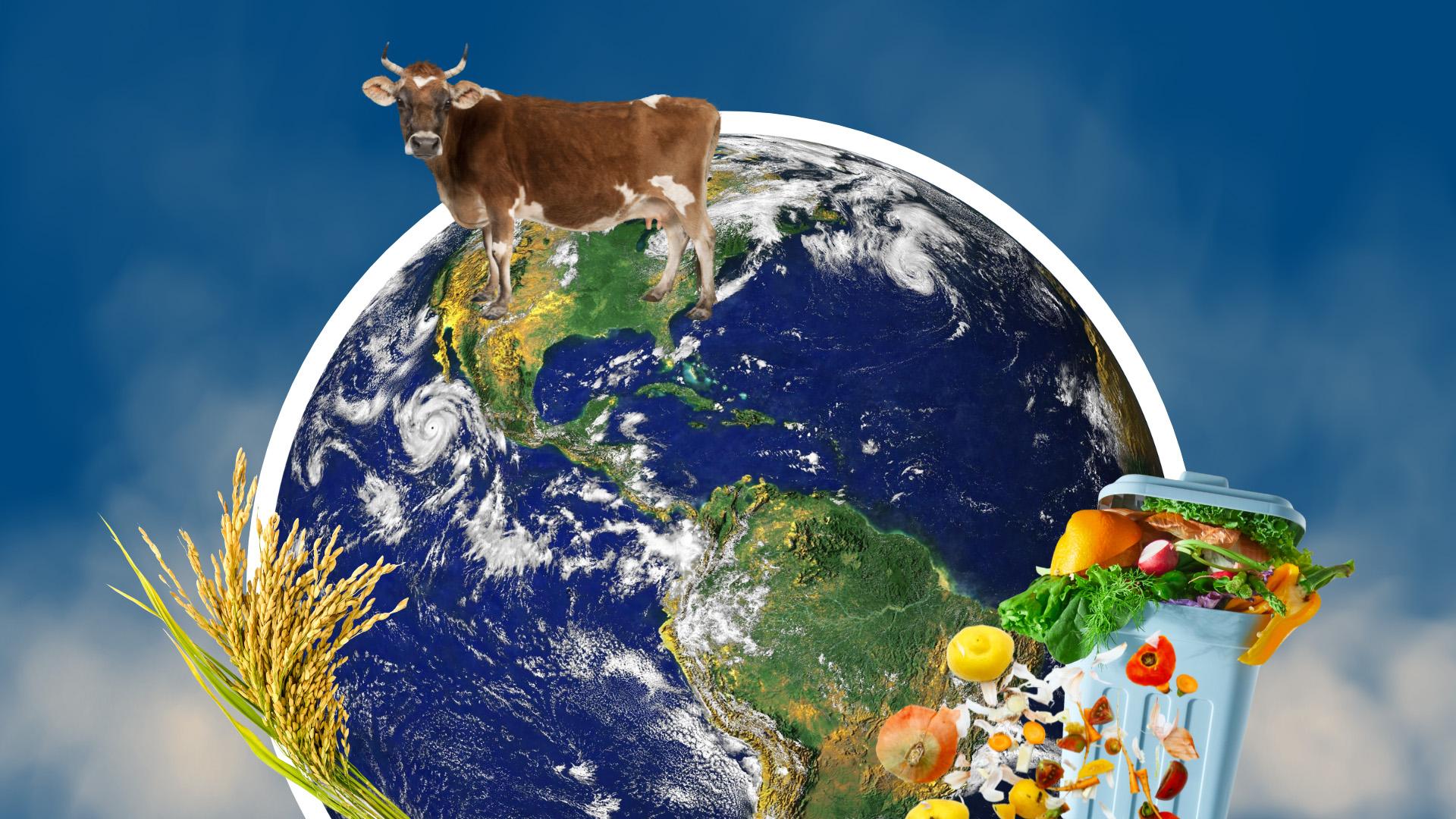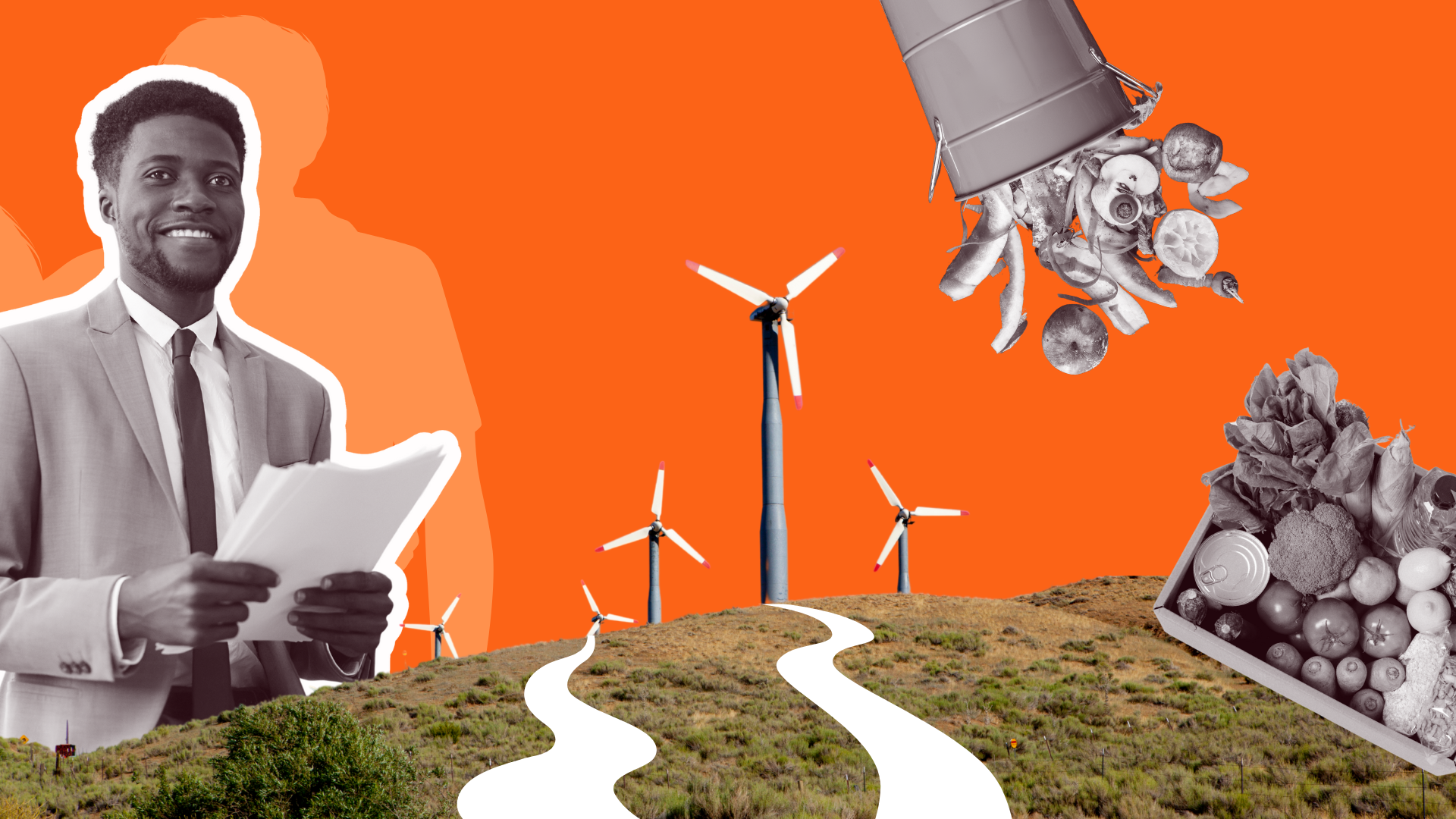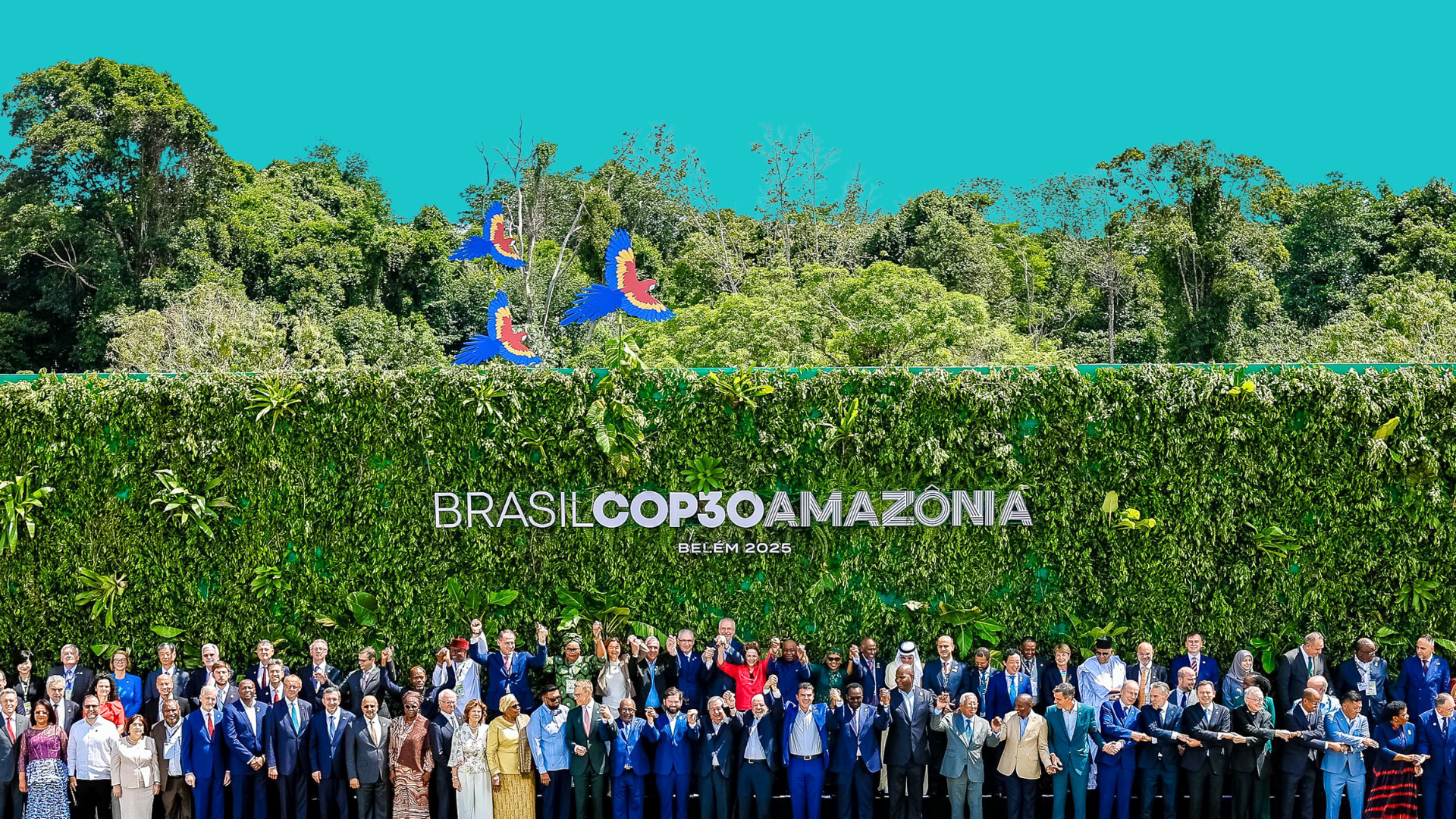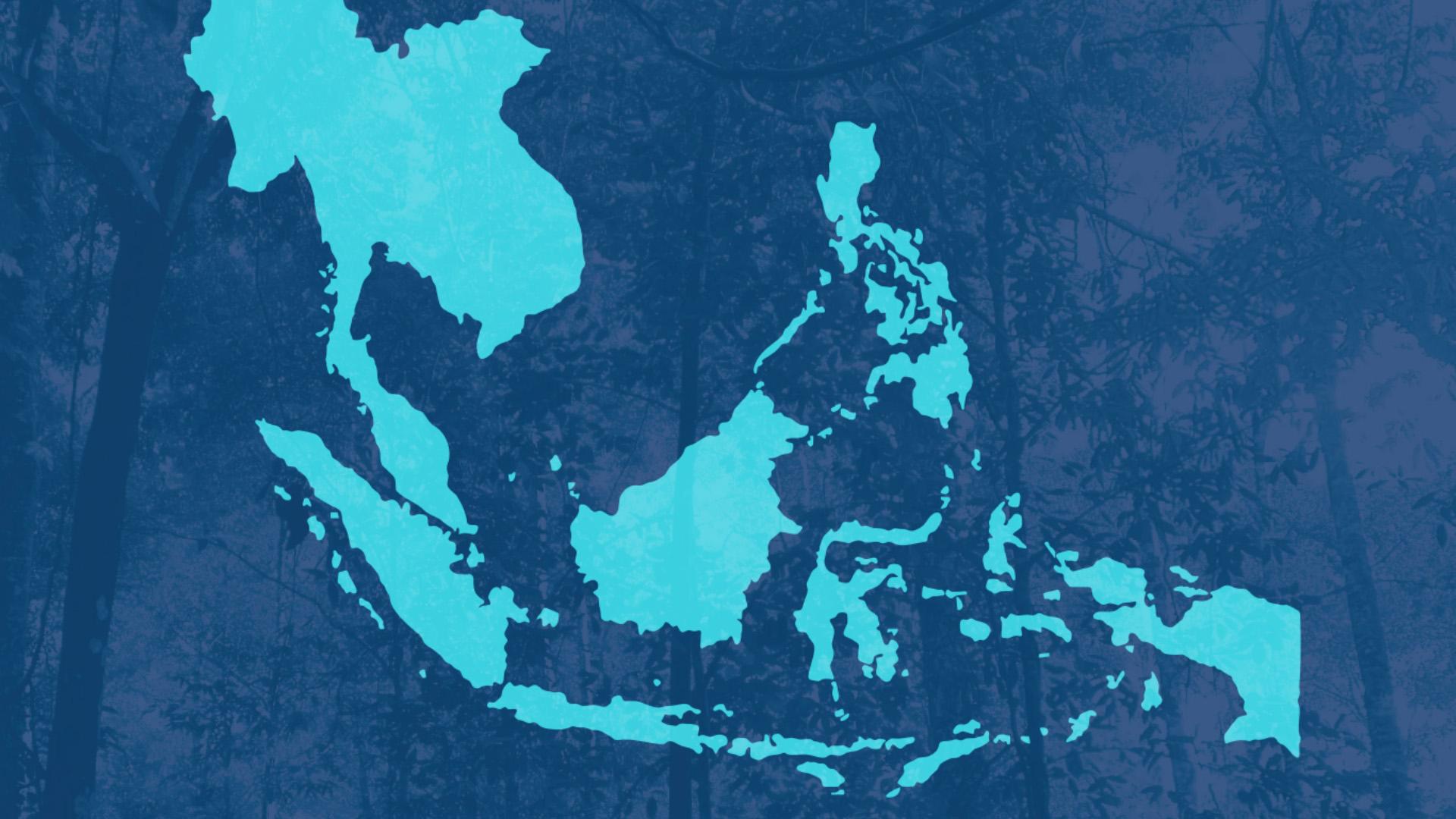The role of schools in climate solutions
How are schools and educators reshaping the classroom for the climate's sake?
As part of the Drawdown Echochallenge, Project Drawdown’s Matt Scott led a webinar highlighting the role of educators in climate solutions. Joining the discussion were Drawdown’s Neighborhood climate heroes Erica Cochran Hameen from Carnegie Mellon University and Steve Place from Georgia Institute of Technology, as well as Sarah Duffer of Asheville High School; Laura Erin England of Appalachian State University; and Amoy Walker from The Galloway School.
The webinar, "Schools for Climate Education: Teaching and Learning for Drawdown," emphasizes the significance of education in driving sustainable change. Our panelists showcased the deep link between classroom learning and the planet's future.
Top Takeaways:
- Inclusivity is necessary for effective climate education. To craft meaningful solutions, our teaching must embrace diversity, equity, and inclusion. By ensuring our educational approaches mirror these values, we pave the way for a future that celebrates diverse thought and action, and welcomes all students to feel like they belong.
- Empowering the next generation goes a long way. It goes beyond textbooks and lectures. When we invite students to spearhead climate projects, we not only enhance their learning but also nurture leaders so they’re ready to tackle tomorrow's challenges. Their passion is one of our most powerful tools in addressing climate change.
- Climate conversations go beyond the science department. Climate education shouldn't be siloed. By embedding it across disciplines, from art to history, we emphasize its universal importance and relevance, encouraging a holistic understanding and stressing that climate engagement is multidisciplinary.
- Setting a sustainable example goes a long way. Sustainability is more than a lesson; it's a way of life. Initiatives across campuses don't just teach but demonstrate practical sustainability in action, inspiring students to adopt sustainable lifestyles.
- Hands-on climate learning is pivotal. Learning is more than consuming information. When we allow students to experience climate solutions firsthand, for many, this invites deeper resonance. Experiential learning brings the enormity and immediacy of climate challenges to the forefront, allowing students to grasp the tangible impact of their actions and the opportunities they have to be climate heroes in their own communities.
If you missed the session or wish to revisit it, you can watch the recording here. While there, be sure to subscribe to the Project Drawdown YouTube channel. Share the key takeaways with your friends, family, and colleagues, and inspire them to be part of the change.
Three Things You Can Do NOW:
1. Share the webinar recording with others and broaden the conversation on the changing face of climate education.
2. Engage with schools in your area to promote the importance of climate solutions in curricula.
3. Use the below information to reach out to our panelists, connect with them, and get involved in their work.
- Connect with Erica on LinkedIn and follow her work at Carnegie Mellon University, in addition to watching her episode of Drawdown’s Neighborhood: Pittsburgh.
- Connect with Sarah at sarah.duffer@acsgmail.net and on her Instagram.
- Connect with Laura on Linkedin and learn more about her work at the Sustainable Development Living Learning Center.
- Connect with Steve on LinkedIn and learn more about his work with Georgia’s Tech Sustainability office – in addition to watching his episode of Drawdown’s Neighborhood: Atlanta.
- Connect with Amoy on LinkedIn and learn more about her work at the Galloway School – in addition read an article on evolution experiential learning shared by her.
Access additional resources shared during webinar: Climate Stories Collaborative, Re:Housed - Resilient Housing for Self-Development, Climate Literacy and Energy Awareness Network, and Thoughtbox Education.
Thank you for your continued engagement. Together, we can forge a sustainable path for generations to come.
This post is part of a conversation series hosted alongside the Drawdown Ecochallenge, a collaboration between Project Drawdown and Drawdown Ecochallenge. To learn more and register for Drawdown Ecochallenge, visit drawdown.ecochallenge.org.

